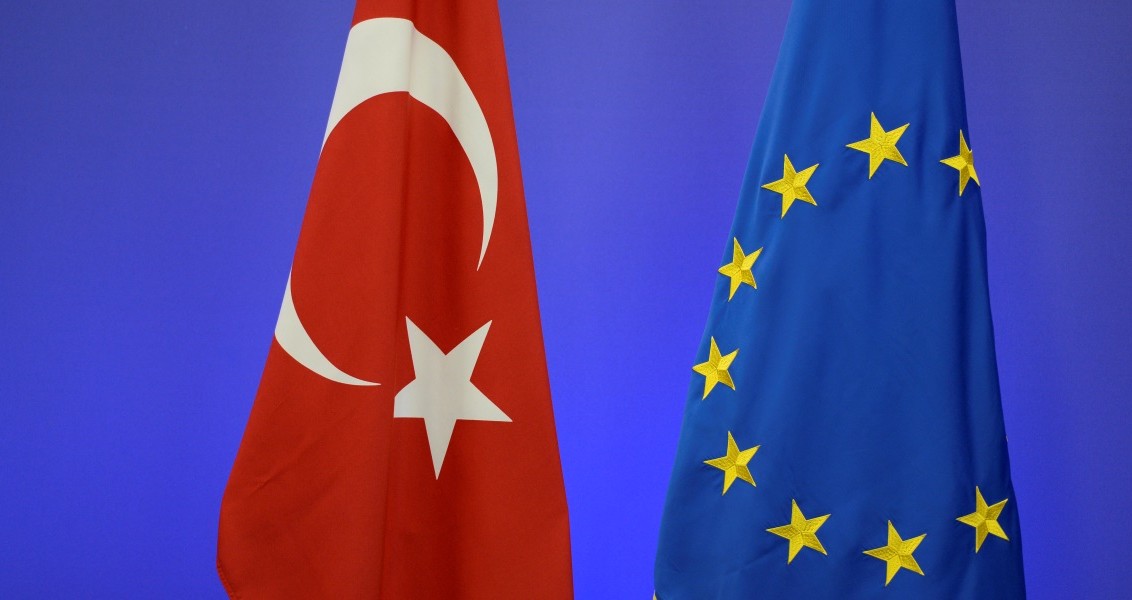
Europeans Should Focus On Their Own Problems
The EU countries failed to deal with domestic challenges, and the rise of cultural and moral crises
Share
Here are some highlights from Turkey's 50-year European adventure: In 1963, Turkey and the European Economic Community signed the Ankara Agreement to start the accession process. In 1996, Turkey and the European Union started implementing a customs union. Nine years later, the accession negotiations kicked off. Finally, in 2006, the EU opened negotiations on the first chapter. Many people now question whether anything was accomplished at all.
For years, Ankara passionately pursued EU membership – which it perceived as the embodiment of Mustafa Kemal Atatürk's goal of reaching "the level of contemporary civilizations." Up until the 2000s, Turkey worked hard to become a member of "the Western club." However, things started to change in the latter half of the last decade. Finally, there was a concrete process ahead, as part of which chapters would be opened and closed. Another important factor was Turkey's gradual abandonment of a Western-dependent foreign policy starting in 2002.
The outcome was a rational relationship between Turkey and the European Union based on mutual interests.
Although not much has changed for the Turks, major changes have taken place in European politics over the past decade. Having been shaken by the financial crisis in 2008, European societies and the political landscape witnessed the shock's negative side effects in the 2010s.
The story is all too familiar: The financial crisis gave rise to a new socio-political norm characterized by the rise of far-right ideologies including xenophobia, violence and hatred. To make matters worse, European governments – particularly Germany and France – failed to deal with domestic challenges, let alone contribute to the solution of the world's problems. Finally, the refugee crisis, which was fueled by the prolonged civil war in Syria, dragged Europe into a cultural and moral crisis. In the end, Britain's decision to leave the EU established that the organization has now ceased to be a political union. As European nations suffer from a deficit in political leadership, the people are speaking up against the power of the bureaucracy – and, perhaps, the oligarchy. With their backs against the wall, the European political and bureaucratic elite are doing everything in their power to put pressure on Turkey by threatening to suspend the membership negotiations. Looking for a way out of the European crisis, they seek to meddle in Turkey's domestic affairs and engage in openly hostile acts against Turkish President Recep Tayyip Erdoğan. At the same time, the European elite welcomes terrorist groups including the PKK and Gülenist Terror Group (FETÖ) with open arms.
Under the circumstances, Ankara has a right to revisit its relations with the European Union. People in Europe and the United States should instead focus on their own problems and suffer the consequences of failing to keep Turkey on their side.
[Daily Sabah, November 18, 2016]
Tags »
Related Articles






